


© 2024. MPT Agency | MusicPromoToday
In today’s digital age, effective advertising plays a crucial role in promoting your music and reaching a wider audience. Digital advertising has revolutionized music marketing, offering musicians unprecedented opportunities to connect with fans and drive engagement.
In this blog post, we will explore the concept of digital advertising in music marketing, highlight the advantages of using META for digital advertising, emphasize the importance of advertising on Google, discuss the effects of targeted advertising in music marketing, provide insights on the ideal duration for an ad campaign, offer ten recommendations for launching a successful music ad campaign, and shed light on average cost-per-click in the top ten countries.
Get ready to take your music promotion to the next level!
Digital advertising in music marketing refers to the strategic use of online platforms and channels to promote music and engage with the target audience.
It involves creating compelling ad campaigns that leverage various digital advertising techniques, such as social media advertising, display ads, video ads, influencer partnerships, and more.
Digital advertising allows musicians to reach a global audience, increase brand awareness, and drive measurable results.
Digital advertising via META (Music Entertainment Talent Agency) offers numerous advantages for marketing music:
Advertising on Google offers significant benefits for musicians:
Targeted advertising in music marketing offers several notable effects:
The ideal duration for an ad campaign may vary depending on several factors, such as the marketing goals, budget, and specific campaign objectives.
However, ad campaigns typically last anywhere from a few weeks to a few months. It’s important to analyze campaign performance, monitor engagement metrics, and adjust the duration based on the desired outcomes and response from the audience.
Launching a new music ad campaign requires careful planning and execution. Here are ten recommendations to consider for a successful launch:
The average cost per click (CPC) for music-related ads can vary depending on factors such as competition, target audience, and ad placement.
Here’s a general overview of the average CPC in the top 10 countries:
Ad Campaign: A coordinated series of advertisements with specific goals and objectives, designed to promote a product, service, or in this case, music.
Ad Creative: The visual and textual components of an advertisement that aim to capture the audience’s attention and convey the intended message.
Call-to-Action (CTA): A statement or instruction within an advertisement that prompts the viewer to take a specific action, such as clicking a link, streaming music, or signing up for a newsletter.
Conversion Rate: The percentage of users who take the desired action, such as making a purchase or signing up, after interacting with an advertisement.
Digital Advertising: The use of digital channels, platforms, and technologies to deliver targeted advertising messages to a specific audience.
Engagement: The level of interaction and involvement from the audience, such as likes, shares, comments, and click-throughs, in response to an advertisement.
Keyword Targeting: The practice of selecting specific keywords or phrases that are relevant to the target audience to ensure that advertisements appear when users search for those keywords.
Landing Page: A web page specifically designed to capture the attention of users who click on an advertisement, providing further information and encouraging them to take a specific action.
Remarketing: A technique that allows advertisers to reconnect with users who have previously interacted with their ads or website, with the goal of increasing brand recall and conversions.
Return on Investment (ROI): A measure of the profitability of an investment, calculated by comparing the gains or losses from the investment relative to its cost.
Digital advertising offers precise audience targeting, increased brand visibility, engagement tracking, flexibility in ad formats, and the ability to measure the effectiveness of campaigns.
META specializes in music marketing, providing targeted ad campaigns, creative opportunities, and industry connections that maximize the impact of music promotions.
Advertising on Google allows musicians to reach a massive audience actively searching for music-related content, utilize keyword targeting, and benefit from diverse ad formats.
Targeted advertising increases audience engagement, enhances conversion rates, improves brand awareness, and provides a better return on investment by reaching users most likely to be interested in your music.
The ideal duration for an ad campaign promoting new music can vary, but it typically ranges from a few weeks to a few months. The duration depends on campaign goals, budgets, and response from the audience.
Musicians should define clear goals, know their audience, craft compelling ad creative, leverage video content, utilize strong calls-to-action, optimize landing pages, monitor and optimize performance, test different ad formats, utilize remarketing, and analyze and learn from campaign results.
The average CPC rates for music-related ads can vary depending on factors such as competition and ad placement. Here’s a general overview of the average CPC rates in the top 10 countries:
Serving Artists, Labels and Agencies since 2012
CONTACT US:
CALL US:
+646 650 5557




© 2024. MPT Agency | MusicPromoToday